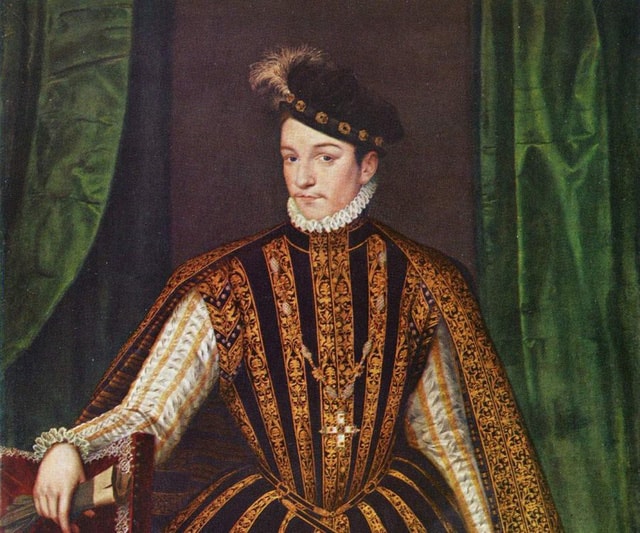Why is it called "April Fool's Day"?
Have you ever wondered why April 1st was chosen as April Fool's Day, and why this day is called "April Fool's Day"?
To this day, the origin of April Fools' Day remains controversial, with many different versions.
 |
| King Charles IX of France - Photo: FAMOUS PEOPLE |
But most agree that April Fools' Day originated in France, created by King Charles IX, and the concept of "poisson d'avril" (April fools - April fools, in French literary sense, April Fish) was first mentioned by the French poet Eloy d'Amerval (1455-1508).
The story is said to have originated in France and is most widely accepted in the world as follows:
In 1564, King Charles IX decided to reform the calendar, moving the traditional French New Year's Day from the end of March back to January 1.
Previously, French people often celebrated the New Year between March 25 and April 1, the beginning of spring because March 21 is the Spring Equinox.
However, not everyone accepted King Charles's new calendar system. At that time, there were not many means of communication, so a part of the French countryside people still celebrated the New Year according to the old calendar system.
This displeased progressives and the term “idiot” was coined for those who still celebrated on April 1. The day also became a symbol of misinformation.
Meanwhile, the concept of "poission d'avril" has another origin, first mentioned by the poet d'Amerval. And this is considered the original for the concept of "April Fools".
The reason d'Amerval called it that was because April was also considered the month of Pisces with the symbol of two fish entwined together.
Additionally, April is also the time when temperate fish, such as mackerel, are most vulnerable to capture because they travel alone, so April Fools' Day has become a term for foolishness.
Later, European children often teased others on April Fool's Day by writing some mocking lines on a paper fish and trying to stick it on the back of the target. This joke gradually developed into "April Fool's Day".
Fooled when interpreting "April Fools' Day"
Readers can be sure that the above information is not a joke, because many people have even "fallen for" the interpretation of... "April Fools' Day" on April 1st.
This spectacular deception happened in 1983, by Boston University history professor Joseph Boskin.
Mr. Boskin then explained that the origin of "April Fools" came from the Roman emperor Constantine arguing with his people about who could run the country better than him. Then, the emperor allowed a citizen to try running the country on April 1. And since then, this day has been remembered as "the day of absurdity".
Mr. Boskin's explanation caught the attention of the prestigious AP news agency, and the story was widely published.
It wasn't until a week later that AP realized it had been the victim of a hoax, as Mr. Boskin's explanation was completely bogus, and was eventually forced to make an embarrassing correction.

